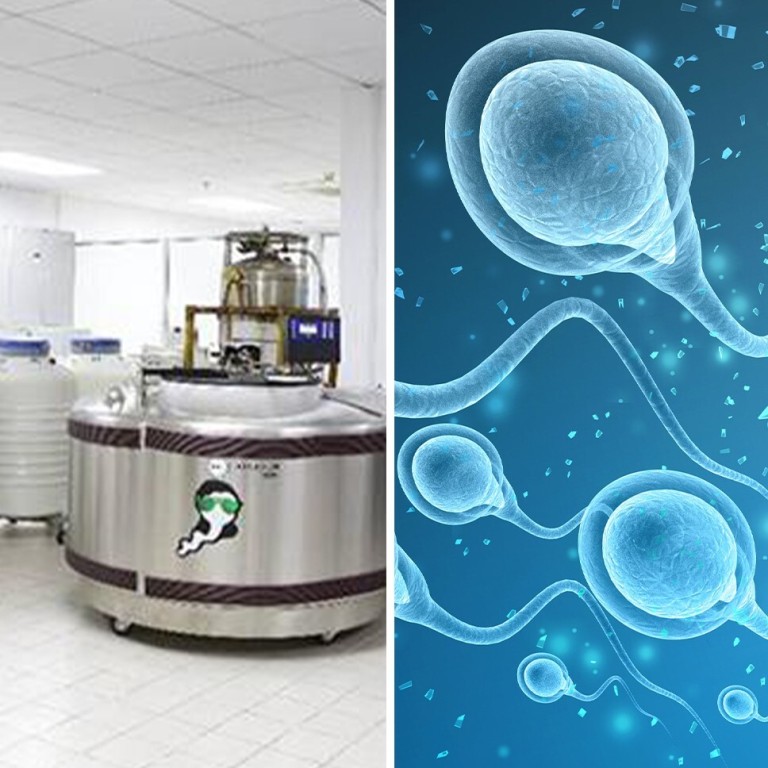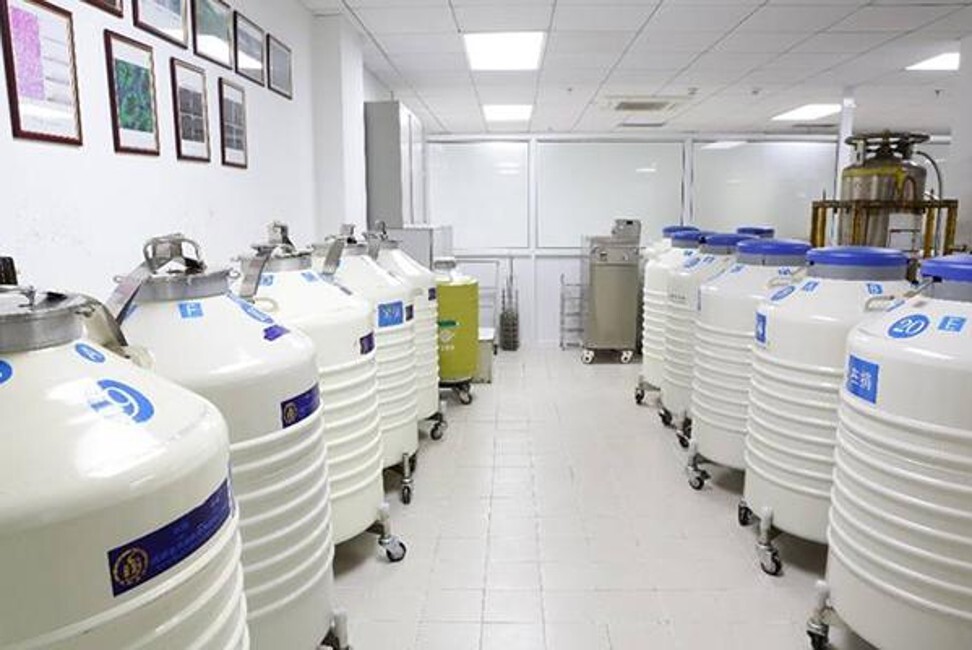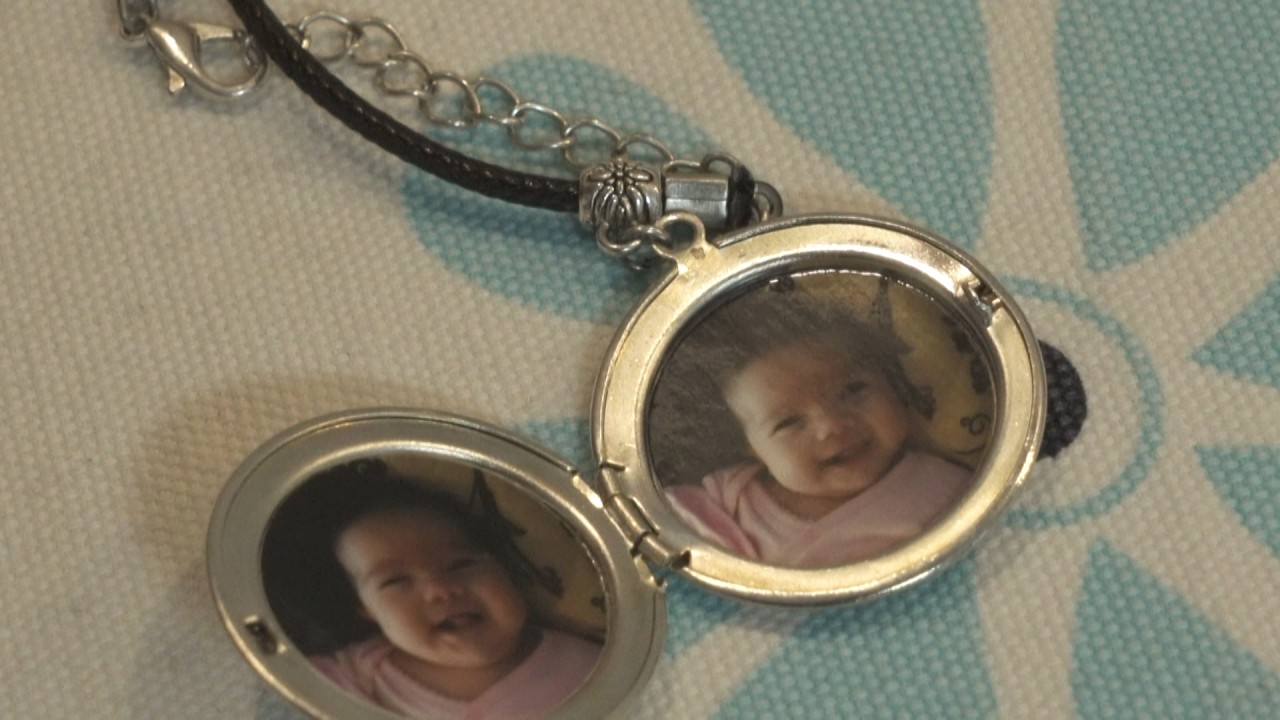
Sperm bank in China holds competition for university students to find out who has the most ‘vigorous swimmers’
- Sperm quality has been declining, said the bank, with only 25 to 30 per cent of donations usable
- The bank said the participants will be anonymous and that their sperm will not be used or stored
Shanghai’s only sperm bank has kicked off a sperm health competition among university students to raise awareness about reproductive health.
The Shanghai Human Sperm Bank has invited university students in the city to get a free check-up of their sperm during the summer break to find out whose sperm has the highest concentration of swimmers and whose are the most vigorous, the institute announced on WeChat last week.
Participants will be registered anonymously, so the winners will be “nameless heroes”, said the institute.
The sperm competition is not to collect sperm from university students, but to raise awareness among young people about reproductive health, said Chen Xiangfeng, a doctor from Shanghai Renji Hospital who is in charge of the sperm bank.

“Don’t pay attention to it only after you enter the child-bearing age. With an early awareness, you can change unhealthy living habits and lifestyle in a timely manner,” he told news portal Thepaper, adding that many university students have shown interest in the competition.
Across the mainland, there are 27 licensed sperm banks, all are publicly funded. Chinese laws ban sperm banks from selling sperm to individuals but can supply sperm to designated hospitals treating couples with reproductive problems.
For the past five years sperm quality has been declining, with only 25-30 per cent of the sperm from donors to the Shanghai institute considered usable, said Chen.
Sperm bank so desperate for donors it has issued a social media call-out
He said the deteriorating quality of sperm is the result of high social pressure and unhealthy life habits, but did not provide specific details.
“Young people like to sleep late, there is an open attitude towards sex among university campuses and many people have bad life rhythms. All these factors have contributed to the dropping quality of sperm,” Lu Guangxiu, president of the Reproductive and Genetic Hospital of Citic-Xiangya, in Changsha of Hunan, claimed in an interview with the China News Service.

The report said the rate of usable sperm donated to the Changsha bank declined from 45.9 per cent in 2006 to 17.9 per cent in 2015, reported China News Service.
Half of the donors to the Shanghai sperm bank in the past few years were university students. However, there are no specific statistics about this group’s sperm quality.
University students who have joined the sperm health competition and whose sperm are up to standard will be asked if they are willing to make future sperm donations.
The whole donation process lasts for six months, involving about eight sperm donations depending on the sperm volume in each donation. A person has to donate about eight times because there is only about 2 millilitres of sperm per donation and the bank needs about 20 millilitres of sperm per donor.

02:41
Chinese single mothers seek sperm donors abroad
The donors will be compensated as much as 7,500 yuan (US$1,159) in total to cover their transport, healthy eating and effort, according to the sperm bank’s statement.
Chen said the their acceptance standard for sperm donation is 60 million sperm cells in each ml of sperm, while sperm with a concentration of 15 million sperm cells for each ml of sperm are usually considered at “a normal level”.
“Therefore, if their sperm does not reach our bank’s standard, it does not mean they are infertile,” Chen said.

